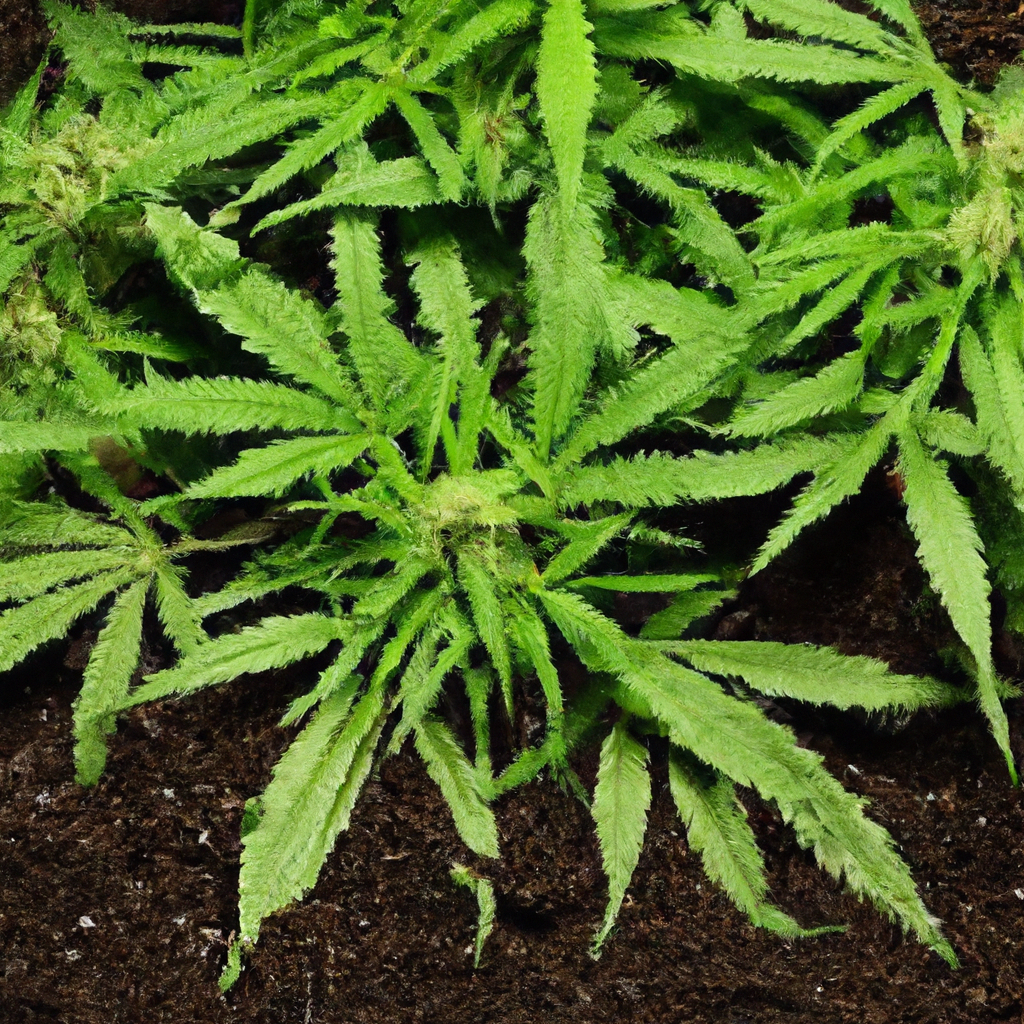Your cart is currently empty!
As cannabis cultivation gains traction across the globe, the shift towards organic methods becomes more prominent. In this guide, we delve deep into the world of organic cannabis cultivation, focusing on soil enrichment and natural fertility to cultivate healthier, greener yields.
The Importance of Building a Healthy Soil Ecosystem
Creating a healthy soil ecosystem is the cornerstone of successful organic cannabis cultivation. Healthy soil not only supports robust plant growth but also contributes to the environment by promoting biodiversity and carbon sequestration. Here are some practices to enhance your soil ecosystem:
- Composting: Utilize kitchen scraps, yard waste, and other organic materials to create nutrient-rich compost. This helps in improving soil structure and fertility.
- Cover Crops: Use crops like clover or rye to enrich the soil, prevent erosion, and add essential nutrients back into the earth.
- Earthworms and Microbes: Introduce earthworms and beneficial microbes to enhance nutrient cycling, improve soil aeration, and foster a biodiverse ecosystem.
Natural Fertilizers: A Sustainable Nutrient Solution
Choosing the right fertilizers is crucial in organic cannabis cultivation. Natural fertilizers provide essential nutrients and improve water retention in soil without harming the environment. Here are some organic options:
- Fish Emulsion: A potent source of nitrogen and other nutrients, perfect for encouraging lush foliage and vegetative growth.
- Bone Meal: High in phosphorus and calcium, ideal for strong root development and flowering.
- Alfalfa Meal: Rich in nitrogen and trace minerals, it aids in overall plant health and vigor.
Eco-Friendly Approaches to Pest Management
Organic pest control is essential to maintain plant health and yield quality. By using natural pest management strategies, growers can avoid harmful chemicals that can degrade soil health and contaminate crops:
- Companion Planting: Incorporate plants like marigolds and basil that repel pests naturally while enhancing biodiversity.
- Beneficial Insects: Introduce predatory insects such as ladybugs and praying mantises to control pest populations.
- Neem Oil: A natural pesticide derived from neem trees, neem oil is effective in controlling a variety of insect pests and diseases.
Benefits of Organic Cannabis for the Environment and Consumers
Organic cannabis cultivation is not only beneficial for the environment but also advantageous for consumers. Avoiding synthetic chemicals results in cleaner, more potent products that are healthier for consumption. Furthermore, sustainable practices help reduce the carbon footprint associated with cannabis cultivation and promote ecosystem longevity.
Key Takeaway: By embracing organic methods and focusing on natural soil enrichment and fertility, you can cultivate cannabis that’s beneficial for both the planet and consumers. These practices not only ensure high-quality and sustainable yields but also support a diverse and thriving ecosystem.
Tags: OrganicGrowing, NaturalFertilizers, PestControl, Compost, SoilHealth
Discover more from Magic Clones
Subscribe to get the latest posts sent to your email.


Leave a Reply